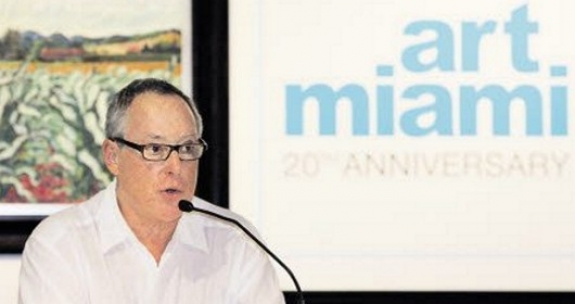Asher Edelman, the founder of the art finance company Art Assure, is suing Artmentum, a Swiss company that advises art sales and acquisitions, for breach of contract and fraud. Edelman, a former Wall Street shark who was the real-life inspiration for the character Gordon Gekko in the 1987 film, ‘Wall Street,’ filed a lawsuit along with eight other defendants, claiming that Artmentum tried to swindle Art Assure out of hundreds of millions of euros.
According to Edelman’s complaint, Artmentum offered him a large collection of masterworks, including pieces by Pablo Picasso, Edgar Degas, Henri Matisse and Claude Monet, said to be owned by Hiroshima Bank, which was described as being owned primarily by the Japanese government. Artmentum claimed that for confidentiality purposes, Art Assure would have to purchase the collection through them rather than from the Japanese government. The lot was being offered for the shockingly low price of 350 million euros with the intention of later re-selling the works to make a profit. According to Artmentum, they had arrived at the asking price after Sotheby’s offered the company 315 million euros for the collection. However, a letter of financial capability was never presented and the transaction failed to reach completion. According to the complaint, Sotheby’s had tried to circumvent Artmentum and acquire the works directly from Hiroshima Bank, but were told that the collection was not for sale.
While this raised some red flags, Art Assure and Artmentum had signed a binding memorandum that stated that the Swiss company had the exclusive right to sell the collection and that a number of third party buyers had signed on to purchase a portion of the works, while Art Assure would help finance the deal, quelling any concerns. According to the agreement, Art Assure would provide a formal letter of interest and confirmation of financial capability and then the two parties would enter into a working agreement that would lead to the introduction of prospective buyers. However, in order to transport the works from Japan to Switzerland, Art Assure was asked to deposit the full cost of the collection to a bank in Switzerland.
After Artmentum and Art Assure signed the memorandum, Artmentum failed to provide proof of its exclusive agreement to sell the works, never provided Art Assure with official authorizations related to the export of the collection, never initiated a working agreement related to the introduction of prospective buyers, and never permitted Art Assure to perform due diligence. In addition, although the signed agreement forbade Artmentum from entering into negotiations with other parties, the company allegedly approached another party, as well as Christie’s, with a letter proposing a similar offer as the one made to Art Assure.
Upon further investigation, Art Assure discovered that Hiroshima Bank did not own the collection, the works are not, in fact, for sale, and the Japanese government does not own a large stake in the bank, nor does it have the power to sell the collection. Edelman’s complaint claims that Artmentum never had the authority to sell the works and that the collection was never appraised by Sotheby’s. In addition, Art Assure discovered that no third parties had signed on to acquire the paintings from the company once the transaction was complete.
Art Assure is asking for $204 million in damages due to lost profits from the sale. The company also wants punitive damages, in an amount that will be determined by the court.



